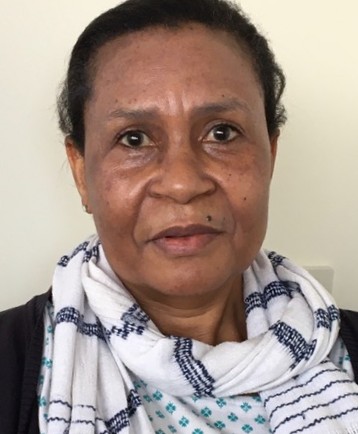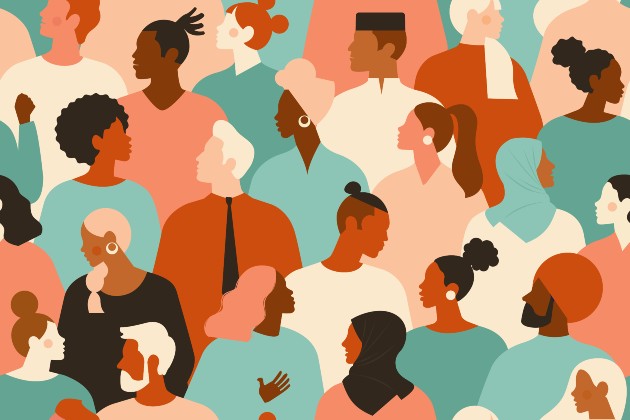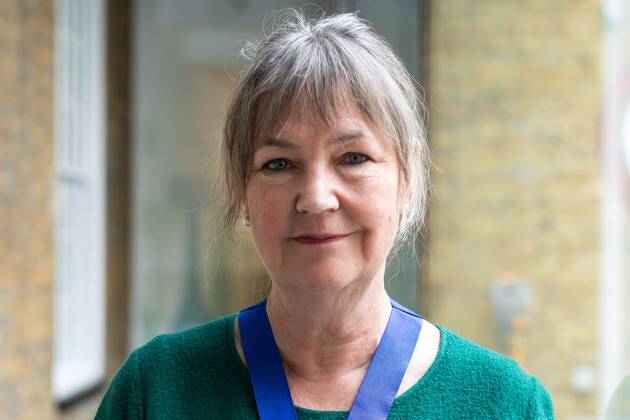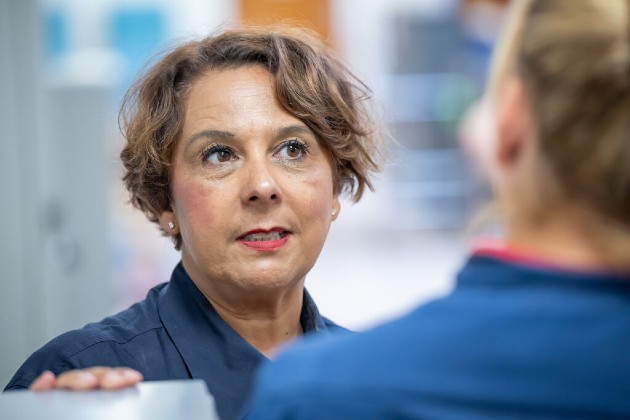I offered the patient a chaperone; would he be okay if I examined him on my own? I was taken aback when he replied, “I don’t mind at all. Black people are everywhere now, on the telly, all the adverts, you’re helping the NHS…. No, I don’t mind at all”.
I suppose my jaw may have dropped as I looked at him. However, there was nothing but genuine friendliness as he responded. No sign of malice at all.
I can’t remember what my response was, just that we laughed as I showed him to the examination room.
I work in a rural setting where black people are few and far between. And in retrospect, I could imagine that he would be the person defending me, the black person, in a conversation where the charge was “black people are everywhere, taking over”. I was glad that he was comfortable enough to mention my race, voice openly what was on his mind.
‘Colour plays an important role in our lives’
I recently had reason to recall this event when, for the first time, I saw black gloves in the clinic. “They look wrong, don’t they?” I said as we stood looking, laughing about those gloves.
I tried, in my confusion, to explore why it was that these gloves looked so out of place. To my mind, black gloves belong in the “cleaning out drains” arena. They looked as out of place as yellow or pink gloves would; those belong in the kitchen, the domestic setting.
Colour plays an important role in our lives, reaching into the deep recesses of our minds. It influences us in ways we are ill equipped to fully appreciate; the end result is possibly the racism, perceived or otherwise, that impacts our daily lives.
The injustices of racism are often experienced in less discernible, more nuanced ways
Meanwhile, statistics bear witness to the many and varied methods employed to stop black people breaking through the upper ceilings of seniority.
We witness people, both black and white, walking into a room and assuming that the authoritative person in the room is the white person. The black senior person has to wrestle for that authority. Or permission is bestowed by the white colleague in many tacit ways, like constantly looking to their colleague or looking down as the patient talks, and so on. The methods employed to transfer that authority are creative and unspoken.
Some people need more convincing than others. Others leave never having been convinced that the authoritative person was indeed that black person in that room.
While these are the blatant ways that racism is notable, the injustices of racism are often experienced in less discernible, more nuanced ways that pile on and can be difficult to explain to our white counterparts.
Coming together is key
The issue of racism is currently a heated topic. A problem, however, seems to be that we black people are talking to each other, other black people, about the pain, the injustices we feel on a daily basis. While white people are talking to other white people about the issues as they see them. Black and white are not talking to each other about these issues that affect us all.
We're not talking to each other about issues that affect us all
Racism feels like a raw wound that is obvious to some but barely visible to others who are only able to see, at best, the scars of the past. There are others who deliberately or unintentionally thrust into those wounds, but there are also those who are willing to empathise; to recognise the wounds.
These are the people who could possibly be the key to bridging the gap in the lived experience between black and white.
Understanding to move forwards
The gaps in our individual knowledge and understanding, regardless of our race, are currently leaving us vulnerable to the ongoing causes of those deep fissures. We need accessible information and guidance to help unpick the customs and systems that mean race negatively impacts our everyday experiences.
Maybe wider, bigger platforms for experts like Sir Geoff Palmer, with his balanced view and deep understanding of history and the causes of racism, would be helpful. And maybe the platforms could be appropriately shared with people who want to participate in combatting racism with a view to aiding understanding and finding solutions.
Willing people need the tools to work together
We can’t change the past. Martin Luther King makes the point: “If you can’t fly then run, if you can’t run then walk, if you can’t walk then crawl, but whatever you do, you have to keep moving forward.” We are at the crawling stage; we have to move forwards.
Moving forwards is incumbent on us fully understanding the roots of racism
But moving forwards is incumbent on us fully understanding the roots of racism, its effects on all of us, black and white. Otherwise the true racists – those whose views will never be changed – will continue to opportunistically widen the gaps in our understanding of each other, or why we are where we are today, or indeed where we should aim to be tomorrow.
Willing people need the tools to work together, to change the systems that feed the “black stand back, brown stick around, white is always right” mentality, which could otherwise continue to flourish.

Top image: Getty








